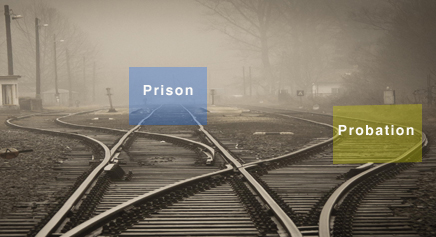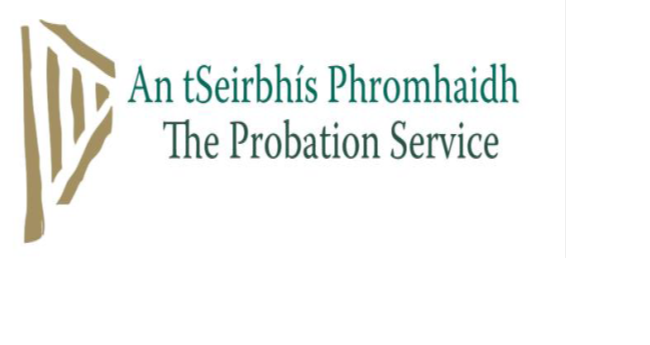Reoffending Rates For Individuals on Probation Fall for the Second Year in a Row.
- The Central Statistics Office Probation Re-Offending Statistics 2018 report published today shows that seven out of ten people who received a probation order did not re-offend within one year of receiving the order.
- The figures indicate a consistent pattern of reduction in re-offending rates of people under probation supervision since the tracking of re-offending rates began in 2008.
Key stats from today’s report include:
-
72% of people who received a probation order in 2018 did not re-offend within one year
-
3-year re-offending rate: 52% of individuals who received a probation order in 2016 did not re-offend within 3 years of receiving the Order.
-
64% of young men (under 25) did not re-offend within one year; this is lower than the average one-year non re-offending figure of 72%.
-
Regionally, the highest level of re-offending, at 34%, involved individuals from the Mid-West (Clare, Limerick and Tipperary) and South-West (Cork and Kerry) regions.
-
Most re-offending takes place in the first 6 months after a probation order is imposed.
The report includes all individuals who have received a probation order and are supervised in the community. It tracks their offending behaviour over one, two and three years following sentencing or release. The data released today relates to people who received probation orders in 2016 and tracks their re-offending behaviour for the following 3 years to 2019. Additionally, there is a two year lag in the statistics to allow for the completion of any Court proceedings which may lead to additional convictions.
The Director of the Probation Service, Mark Wilson welcomed today’s publication, commenting:
“I welcome the CSO findings published today and in particular, the consistent reduction of re-offending rates among people under probation supervision. These findings demonstrate the efficacy of our work and indicate that our evidence-based supports and interventions continue to have a positive impact, both in terms of changing offending behaviour and improving community safety.
The study also provides clarity about where continued focus is required. This includes prioritising our targeted interventions with young people and acknowledging the challenges of addressing offending behaviour in the first 6 months after an order is imposed.
Access to timely, accurate data is critical to the work of the Probation Service in supporting the development of evidence-informed policy initiatives and service delivery. We are pleased to continue to partner with the CSO on this valuable work“.
A copy of the Probation Re-offending Statistics 2018 is available via the CSO website here.




